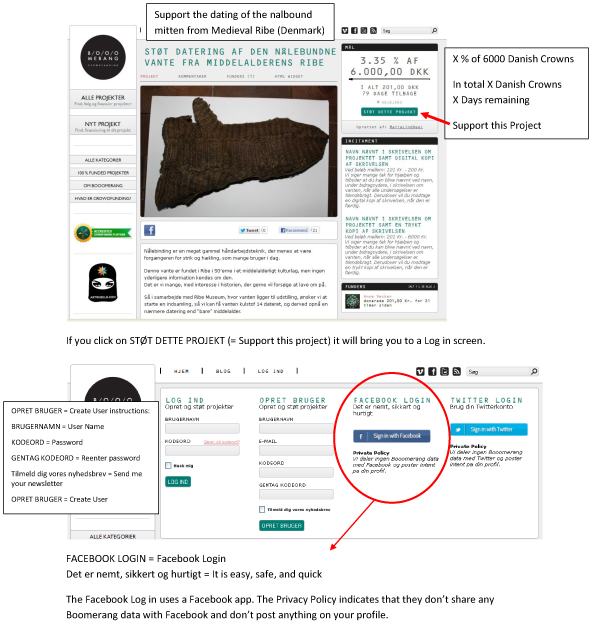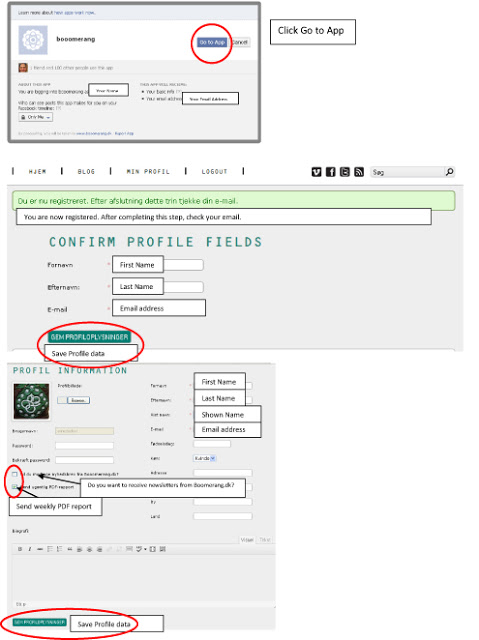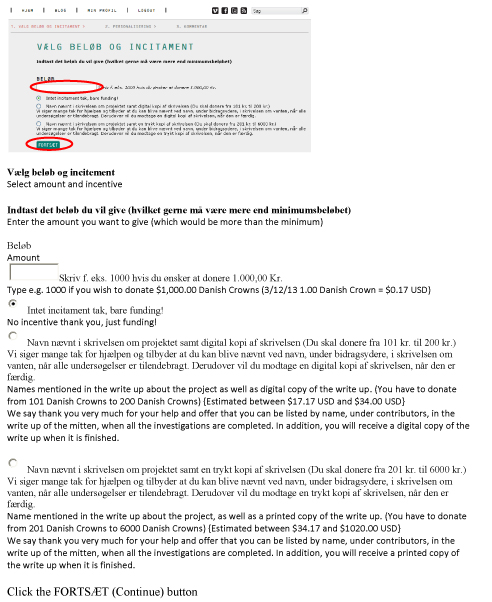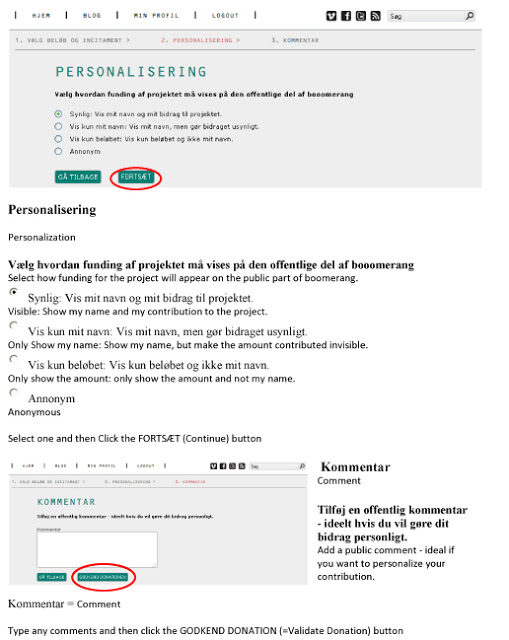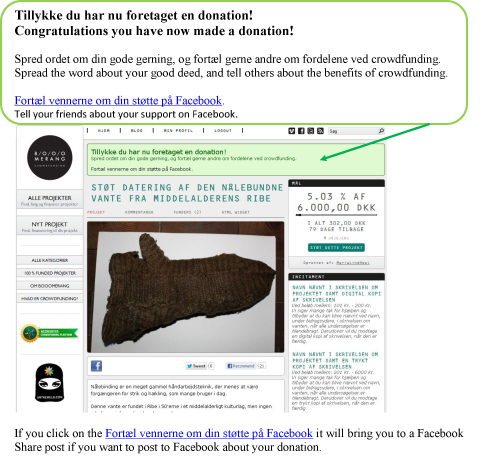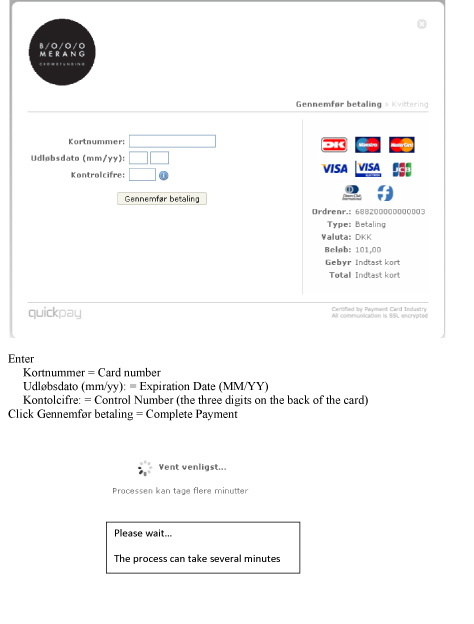First of all, the good news: The 14C-Dating of the Ribe mitten is fully financed, and the initiator is, accordingly, quite happy. Thanks to all of you who helped funding! If you have not helped funding yet and are sort of sad that the others did it without you: You can still pitch in, any extra money will be used for additional analysis of the piece. Ideas on further research are including the stitch type used, wool analysis, and yarn analysis. For the previously blogged English instructions on how to fund on the Danish site, click here.
The petition against the full cut of heritage conservation funding in one of Germany's federal states has led to some political discussion... but with no clear statements yet. You can read a short piece about that on Archaeologik (in German). The petition still lacks about 1.400 signatures to reach its goal, so if you have not signed yet, please do so and spread the word, there are still 30 days left to go. The text on the petition site itself is in German. If you need to get up to date on what it's about first, you can read my blogpost about it or go to the DGUF who initiated it; they have an English translation on their webpage.
And a last one - I have posted a link to the petition against food patenting before, but it seems as if there's more in the works: an EU law to make almost all traffic of non-industrially produced seeds illegal. When I first read about that, I thought it was a belated April Fool joke, but no, it looks like they really mean it. I found a link to the draft proposal here, and I'll keep my eyes open for protests against this. If you know more, please share in the comments!
The petition against the full cut of heritage conservation funding in one of Germany's federal states has led to some political discussion... but with no clear statements yet. You can read a short piece about that on Archaeologik (in German). The petition still lacks about 1.400 signatures to reach its goal, so if you have not signed yet, please do so and spread the word, there are still 30 days left to go. The text on the petition site itself is in German. If you need to get up to date on what it's about first, you can read my blogpost about it or go to the DGUF who initiated it; they have an English translation on their webpage.
And a last one - I have posted a link to the petition against food patenting before, but it seems as if there's more in the works: an EU law to make almost all traffic of non-industrially produced seeds illegal. When I first read about that, I thought it was a belated April Fool joke, but no, it looks like they really mean it. I found a link to the draft proposal here, and I'll keep my eyes open for protests against this. If you know more, please share in the comments!




